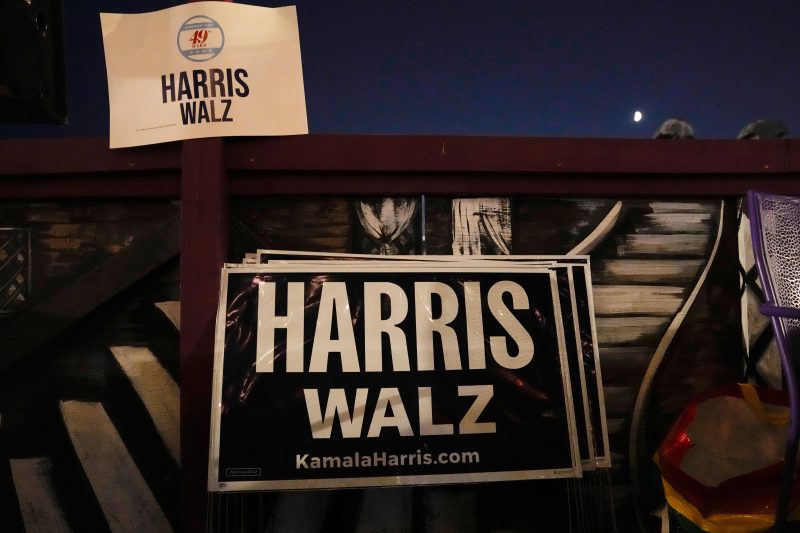The recent directive by an Ohio sheriff urging residents to make note of addresses displaying political signs supporting the Biden-Harris ticket has stirred controversy and raised concerns about privacy and potential intimidation tactics. While the intention behind the directive may have been to ensure the safety of properties with political signage, it has opened up a debate on the boundaries of vigilantism and the right to freedom of expression.
In a time when political tensions run high and ideological divides seem deeper than ever, the act of singling out homes based on their political affiliations raises red flags. It is essential to consider the implications of such actions beyond the immediate concerns of safety. Encouraging citizens to keep track of addresses with specific political signs sets a troubling precedent that could easily slide into a culture of surveillance and suspicion.
Privacy is a fundamental right that should not be compromised, regardless of political differences. Every individual has the right to express their views and show support for their chosen candidates without the fear of being targeted or monitored. By singling out homes with Biden-Harris signs, the sheriff’s directive risks treading into territory that threatens the democratic principles of free speech and political autonomy.
Moreover, the call to document addresses with political signs may inadvertently create an atmosphere of fear and division within communities. Instead of fostering open dialogue and respectful engagement between individuals with differing views, such actions promote a climate of suspicion and animosity. In a healthy democracy, diversity of opinions should be celebrated and respected, rather than suppressed or targeted.
While safety concerns are valid and should not be dismissed, there are better ways to address them without resorting to tactics that encroach on individual liberties. Law enforcement agencies can work collaboratively with communities to ensure public safety without crossing the line into monitoring citizens based on their political beliefs. Building trust and fostering positive relationships between law enforcement and the public is crucial for maintaining a peaceful and inclusive society.
In conclusion, the directive issued by the Ohio sheriff to document addresses with Biden-Harris signs raises significant ethical and legal questions regarding privacy, freedom of expression, and community relations. It is essential for law enforcement agencies to balance the need for public safety with respect for individual rights and democratic values. Encouraging vigilance should not come at the cost of undermining the principles that uphold a free and inclusive society.






















